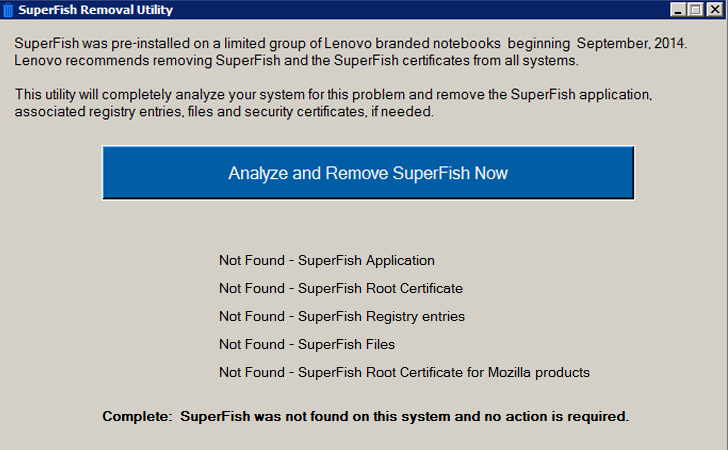Phoronix: Last Minute Linux 6.6 Fixes Address Nine "Unusable" Lenovo AMD Laptops
Linux 6.6 is set to be released as stable this weekend unless Linus Torvalds has reservations and decides to extend the cycle by one week. In any case there are some last minute fixes heading in to fix-up nine different Lenovo laptops with AMD Ryzen SoCs to make the hardware more usable under Linux...
Linux 6.6 is set to be released as stable this weekend unless Linus Torvalds has reservations and decides to extend the cycle by one week. In any case there are some last minute fixes heading in to fix-up nine different Lenovo laptops with AMD Ryzen SoCs to make the hardware more usable under Linux...





Comment